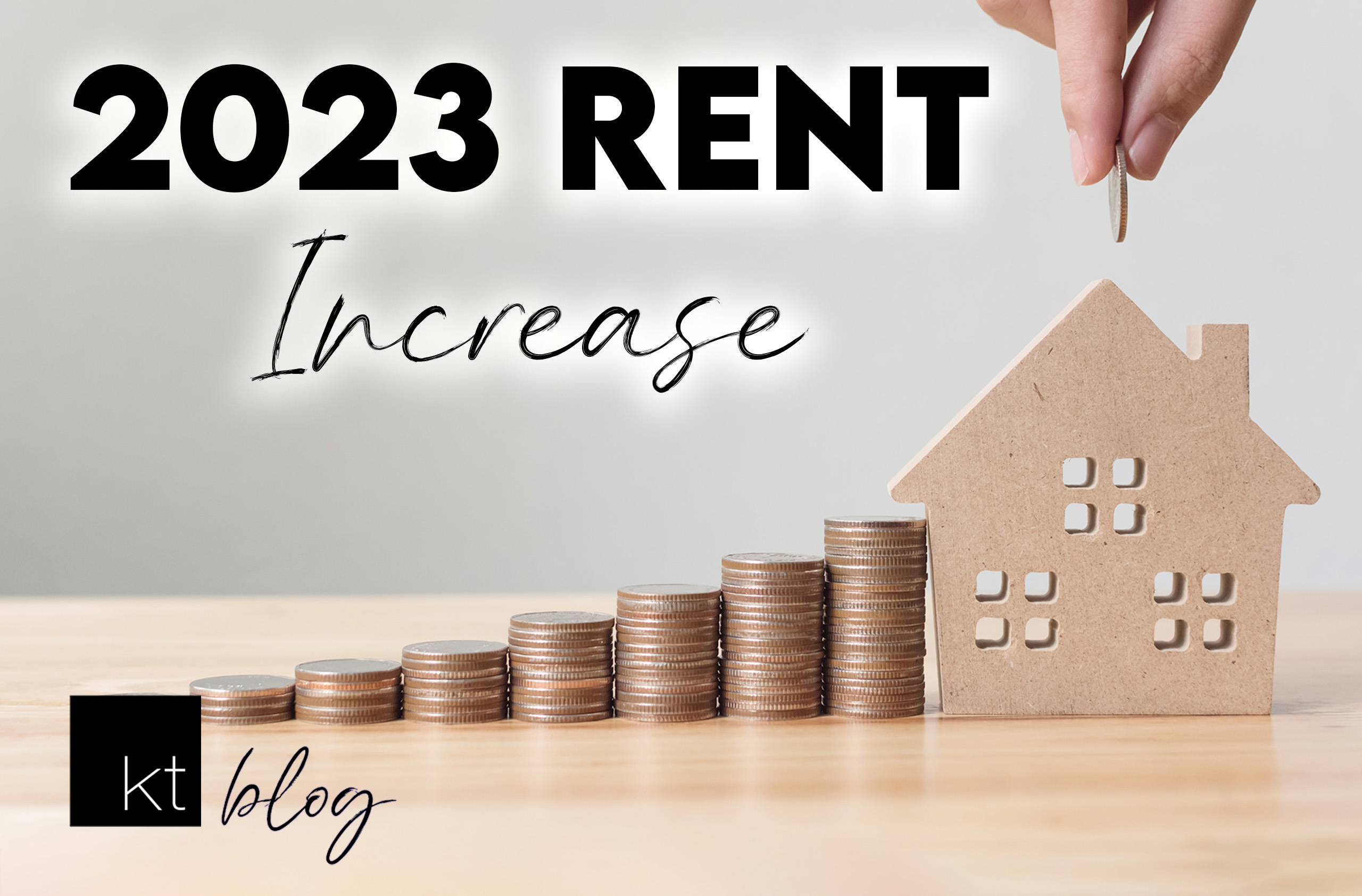The Province of Ontario has capped the permitted rent increase for 2023 at 2.5% despite the Ontario Consumer Price Index indicating a rate of 5.3%.
With a rent freeze for over two years, a minor rent increase of 1.2% in 2021, soaring inflation, rising property taxes and mortgage interest rates, I would argue that 2.5% isn’t sufficient. Many landlords, if not most, are out of pocket every month, often paying hundreds of dollars of their own money to offset the remaining expenses after collecting rent –not to mention lost income due to vacancy and costs for repairs and regular maintenance.
Over the next six to twelve months, it’s reasonable to believe that we’ll see an increase in rental properties being listed. With mortgage rates on the rise, some landlords won’t be able to keep up with increasing costs, only adding to the problem by removing rentals from the market.
Even if the landlord did increase rent every year, the tenant would still be $500 to $600 below market rent.
Why It’s Important to Increase Rent as a Landlord
- Low rent will contribute to difficulties selling in the future
- You can’t raise rents retroactively in the future –you are limited to the permitted amount for that year
- While you may justify the lack of a rent increase because of a good tenant, the increased rent is usually well below market rent anyway
- You can always provide a gift, rent-free period, or rent discount while increasing the rent
It’s also essential for tenants to be mindful of what’s happening in the marketplace. I discussed with a Landlord today whose tenant is paying approximately $700 below market rent –this landlord didn’t raise the rent for the first three years of tenancy but did begin a couple of years ago. Even if the landlord increased rent yearly, the tenant would still be $500 to $600 below market rent. With pending mortgage rate increases, this landlord expressed concern over the added costs.
This landlord is now limited to how much they can raise the rent for this tenant. They’re now considering selling, buying another one elsewhere or retiring and liquidating their real estate holdings. If the tenant in their property moves, the rent increase could be challenging to adapt to the higher cost. By staying on top of what’s happening in the market, tenants can adjust their budget each year to plan for an unexpected move. The forced savings would result in excellent funds savings and being comfortable with higher rent.
Do you think there’s a more balanced and fair way to control or manage rents in Ontario?





